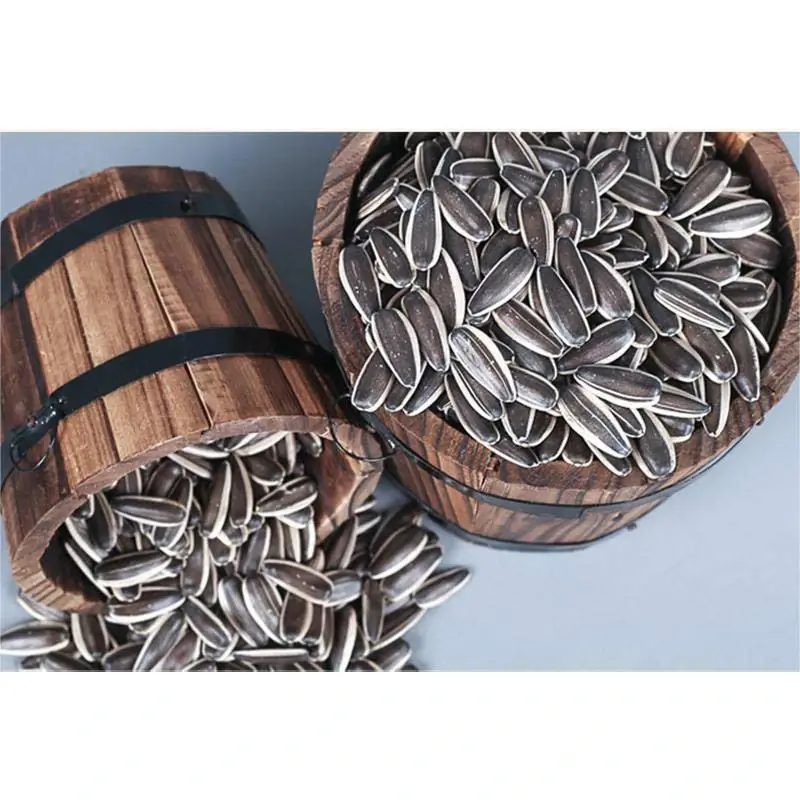-
 Afrikaans
Afrikaans -
 Albanian
Albanian -
 Amharic
Amharic -
 Arabic
Arabic -
 Armenian
Armenian -
 Azerbaijani
Azerbaijani -
 Basque
Basque -
 Belarusian
Belarusian -
 Bengali
Bengali -
 Bosnian
Bosnian -
 Bulgarian
Bulgarian -
 Catalan
Catalan -
 Cebuano
Cebuano -
 Corsican
Corsican -
 Croatian
Croatian -
 Czech
Czech -
 Danish
Danish -
 Dutch
Dutch -
 English
English -
 Esperanto
Esperanto -
 Estonian
Estonian -
 Finnish
Finnish -
 French
French -
 Frisian
Frisian -
 Galician
Galician -
 Georgian
Georgian -
 German
German -
 Greek
Greek -
 Gujarati
Gujarati -
 Haitian Creole
Haitian Creole -
 hausa
hausa -
 hawaiian
hawaiian -
 Hebrew
Hebrew -
 Hindi
Hindi -
 Miao
Miao -
 Hungarian
Hungarian -
 Icelandic
Icelandic -
 igbo
igbo -
 Indonesian
Indonesian -
 irish
irish -
 Italian
Italian -
 Japanese
Japanese -
 Javanese
Javanese -
 Kannada
Kannada -
 kazakh
kazakh -
 Khmer
Khmer -
 Rwandese
Rwandese -
 Korean
Korean -
 Kurdish
Kurdish -
 Kyrgyz
Kyrgyz -
 Lao
Lao -
 Latin
Latin -
 Latvian
Latvian -
 Lithuanian
Lithuanian -
 Luxembourgish
Luxembourgish -
 Macedonian
Macedonian -
 Malgashi
Malgashi -
 Malay
Malay -
 Malayalam
Malayalam -
 Maltese
Maltese -
 Maori
Maori -
 Marathi
Marathi -
 Mongolian
Mongolian -
 Myanmar
Myanmar -
 Nepali
Nepali -
 Norwegian
Norwegian -
 Norwegian
Norwegian -
 Occitan
Occitan -
 Pashto
Pashto -
 Persian
Persian -
 Polish
Polish -
 Portuguese
Portuguese -
 Punjabi
Punjabi -
 Romanian
Romanian -
 Russian
Russian -
 Samoan
Samoan -
 Scottish Gaelic
Scottish Gaelic -
 Serbian
Serbian -
 Sesotho
Sesotho -
 Shona
Shona -
 Sindhi
Sindhi -
 Sinhala
Sinhala -
 Slovak
Slovak -
 Slovenian
Slovenian -
 Somali
Somali -
 Spanish
Spanish -
 Sundanese
Sundanese -
 Swahili
Swahili -
 Swedish
Swedish -
 Tagalog
Tagalog -
 Tajik
Tajik -
 Tamil
Tamil -
 Tatar
Tatar -
 Telugu
Telugu -
 Thai
Thai -
 Turkish
Turkish -
 Turkmen
Turkmen -
 Ukrainian
Ukrainian -
 Urdu
Urdu -
 Uighur
Uighur -
 Uzbek
Uzbek -
 Vietnamese
Vietnamese -
 Welsh
Welsh -
 Bantu
Bantu -
 Yiddish
Yiddish -
 Yoruba
Yoruba -
 Zulu
Zulu
Nov . 01, 2024 17:28 Back to list
Exploring Various Types of Melon Seeds and Their Unique Features
Types of Melon Seeds A Nutritional and Culinary Perspective
Melons are not only delightful fruits enjoyed worldwide, but their seeds also offer a variety of benefits and culinary applications. Understanding the different types of melon seeds can enhance our appreciation for these nutritious components of the fruit. From watermelon and cantaloupe to honeydew, each type of melon seed has unique characteristics that make them appealing in various ways.
1. Watermelon Seeds
Watermelon seeds are perhaps the most well-known among melon seeds and have gained popularity beyond their traditional role as a snack. These black or white seeds are packed with essential nutrients like magnesium, zinc, and healthy fats. Roasted watermelon seeds have a nutty flavor and crunchy texture, making them a popular choice for trail mixes, salads, and granola bars. In many cultures, particularly in Asia, sunflower-like roasted seeds are eaten as a healthy alternative to junk food.
2
. Cantaloupe SeedsCantaloupe, with its sweet and juicy flesh, also contains seeds that are often overlooked. These small, beige seeds are rich in protein, antioxidants, and vitamins. They can be toasted for a crunchy snack or incorporated into smoothies for added nutrition. Cantaloupe seeds can also be ground into a powder and used as a protein supplement in various health recipes, contributing a unique flavor to baked goods or meal replacements.
types of melon seeds

3. Honeydew Seeds
Honeydew seeds are similar in appearance to cantaloupe seeds but are slightly larger and have a more delicate flavor. They offer a good source of fiber, which is beneficial for digestive health. Honeydew seeds can be added to salads, yogurt, or oatmeal for added texture and nutrition. Additionally, they can be roasted and seasoned with spices for a savory snack alternative.
4. Bitter Melon Seeds
Bitter melon, known for its strong flavor and numerous health benefits, has seeds that are distinctly different from other melons. These seeds are often discarded due to their bitter taste; however, they contain beneficial compounds that have been studied for their potential anti-diabetic properties. Although bitter melon seeds are not traditionally consumed in large quantities, they can be ground into a powder for use in traditional medicine or as part of herbal remedies.
Conclusion
Melon seeds are more than just leftovers after enjoying the fruit; they offer a wealth of nutrients and culinary possibilities. Each type of melon seed brings unique flavors and health benefits, encouraging us to view them as valuable components of our diets. With the rising trend in health-conscious eating, incorporating melon seeds into your meals can provide an easy way to boost nutritional intake. From the rich, nutty crunch of roasted watermelon seeds to the delicate texture of toasted cantaloupe seeds, there is much to explore in this often-overlooked aspect of melons. Next time you enjoy a refreshing slice of melon, consider saving the seeds and experimenting with them in your kitchen. They are a small yet powerful addition to a healthy lifestyle.
-
Premium Macadamia Nuts - Fresh, Crunchy & Healthy Snack Choice
NewsJul.30,2025
-
Premium Biscuits Packaging – Elegant, Durable & Customizable Solutions
NewsJul.29,2025
-
Top Banana Flavor Sunflower Seeds Exporter - Factory Direct Supply
NewsJul.29,2025
-
Premium Snack Dates - Healthy, Natural & Delicious Treats
NewsJul.29,2025
-
Premium Peanuts - Fresh, Nutritious & Delicious Snacks for All
NewsJul.28,2025
-
Premium Raisins - Sweet, Healthy & Natural Dried Fruit Snack
NewsJul.27,2025
